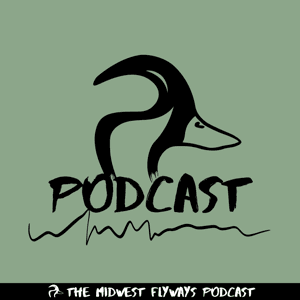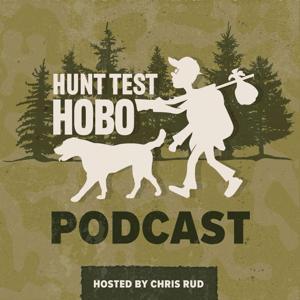In this episode, Chris Jobman brings on his friend Dave Marsteller, a judge of HRC and AKC hunt tests. They discuss various topics related to judging, including different types of tests, the challenges of judging, and the importance of understanding the dog's perspective. They also share stories from their training sessions and highlight the importance of effective communication and correction techniques. Throughout the conversation, they emphasize the need for patience, understanding, and adaptability when working with dogs. Dave and Chris discuss their long-standing friendship and their journey in the world of dog training and judging. Dave shares his background in dogs, including his time in Alaska and his transition to owning labs. They talk about their experiences in hunt tests and the challenges they faced. Dave also talks about his decision to become a judge and the different regions and standards he has encountered. The conversation in this part focuses on the regional differences in judging and testing standards in HRC and AKC. The hosts discuss how certain regions have distinct judging preferences and how this can affect the performance of dogs from different regions. They also talk about the importance of a dog's game traveling and the impact of different terrains on testing. The judges explain the dynamics between judges during a test and how decisions are made. They also discuss line manners, vocalization, and the challenges of setting up a test. The conversation concludes with a discussion on the difficulty level of tests in HRC and AKC and the differences in switching between the two organizations. In this final part of the conversation, Dave and Chris discuss the differences between AKC and HRC hunt tests. They highlight that in HRC, a dog can continue to play even if it doesn't receive a qualifying score, while in AKC, a dog may be immediately dropped. They also discuss the importance of challenging the line to the blind and the common mistakes handlers make, such as not slowing down and grabbing the go bird too quickly. Dave shares his experience of standing behind Bobby George and watching some of the great dogs in the sport. They conclude by mentioning some exceptional dogs they've seen, including Jet, Cooper, Ammo, and Trigger.




































